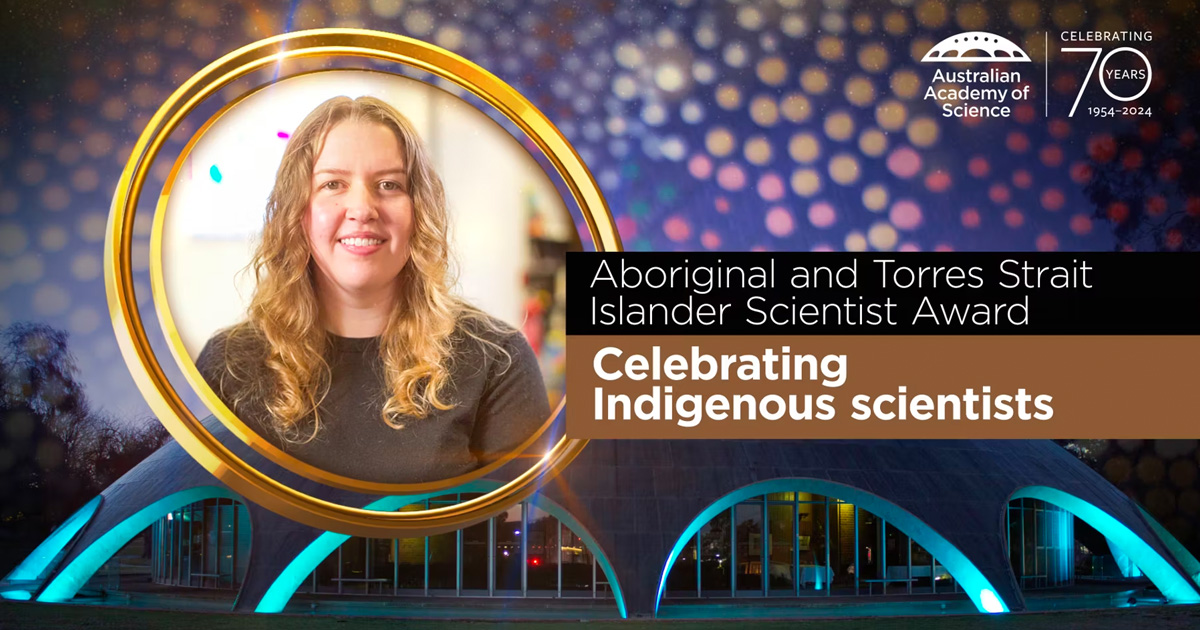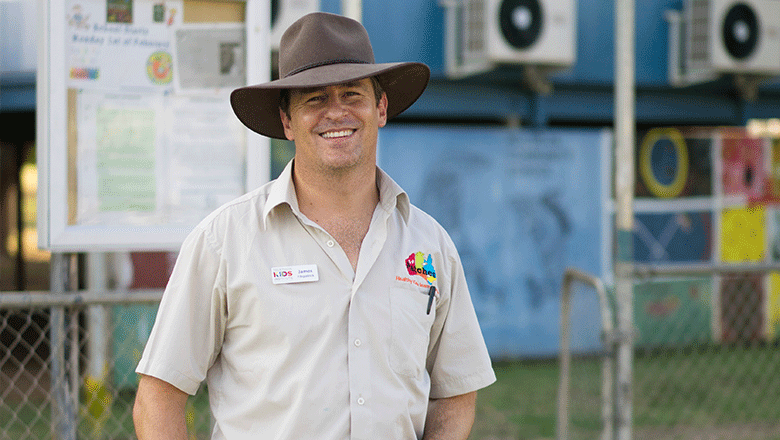Search
Research
What we know about suicide prevention for Aboriginal and Torres Strait Islander peoplesThis fact sheet addresses what we currently know about suicide prevention for Aboriginal and Torres Strait Islander peoples.
Research
Reduced forced vital capacity in Aboriginal Australians: Biology or missing evidence?This editorial article addresses chronic obstructive pulmonary disease and lung function testing in Aboriginal Australians.
Research
The Differential Influence of Contextual Risks on Psychosocial Functioning and Participation of Australian Aboriginal YouthMethodological issues and implications for interventions to support young Aboriginal people's adaptation are discussed.

News & Events
Prestigious invite for WA infectious disease expertsTwo Perth clinician-scientists have been recognised as national leaders in infectious disease research after being elected as Fellows of the esteemed Australian Academy of Health and Medical Sciences.

News & Events
Prestigious national award for researcher seeking to improve Indigenous cancer outcomesCongratulations to Indigenous genomics researcher Dr Justine Clark, who is one of two scientists nationally to receive the Australian Academy of Science’s 2024 Aboriginal and Torres Strait Islander Science Award.

News & Events
Research suggests strong connection to culture can help protect Aboriginal and Torres Strait Islander children from institutional sexual abuseA new report that suggests strong connection to culture can help protect Aboriginal & Torres Strait Islander children from sexual abuse in institutions.

News & Events
$1 million funding boost to help Aboriginal kids with skin infectionsThanks to a $1 million funding grant, Dr Asha Bowen from The Kids Research Institute Australia is on track to change Aboriginal children's skin infection statistics.

News & Events
Community is tackling FAS in the Fitzroy ValleyAmong the highest rates of Fetal Alcohol Syndrome (FAS) worldwide have been reported by Aboriginal community leaders in the remote Fitzroy Valley.

News & Events
Study shows the value of positive friends for Aboriginal kidsA new study has found that having a friend with good social skills and a supportive family may make a critical difference to the resilience of Aboriginal youth
News & Events
National Indigenous Immunisation Research WorkshopYou are invited to register to attend the National Indigenous Immunisation Research Workshop 2013: lessons learnt and future directions Workshop.
